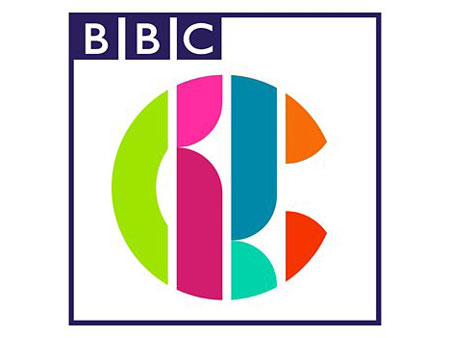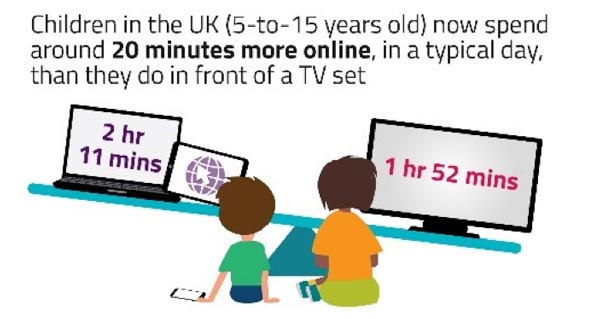The Commercial Broadcasters Association (COBA) is warning that the proposed changes to the regulation of TV channel numbers may damage multichannel broadcasters’ investment in new U.K. children’s programming.
According to COBA, multichannel broadcasters invested an average of £15.6 million ($21.9 million) annually over the last three years on new children’s programming in the U.K. But Ofcom’s proposals to change the regulation of TV channel numbers could affect networks’ ability to generate a ROI and therefore diminish their ability to invest in new British series.
Ofcom’s proposed changes could force COBA members to take lower positions in the TV program guide, with BBC Children’s channels taking their places. This would then reduce audiences for commercial networks and ultimately damage their ability to secure enough ROI to invest in new content.
Adam Minns, COBA’s executive director, said: “Multichannel broadcasters are one of the biggest—if not the biggest—source of children’s commissioning outside the BBC and they do so without public support. This should not be taken for granted, particularly given growing competition from online services. We therefore ask policymakers to ensure that multichannel broadcasters are able to continue to make this investment and, crucially, not to damage their ability to generate a return on their investment. Since the BBC’s program budget is determined by the license fee rather than audience numbers, the net result of moving BBC channels up the TV guide and commercial channels down will be less investment in British children’s TV.
“As linear broadcasters, COBA members are already heavily regulated and provide a safe, much-valued environment for children. The debate over the future prominence of public service broadcasters in the online world is an important one, and one where, as heavily regulated linear channels ourselves, we share many concerns. But that important debate should not be conflated with linear broadcasting, and end up inadvertently damaging children’s TV.
“In linear broadcasting, BBC children’s channels are already performing successfully—the BBC itself told the Culture Select Committee that ‘children’s awareness of [its] children’s channels and digital channels is very high and CBeebies and CBBC are the first place they go.’ The BBC already has prominence for its linear channels, as well as the license fee and cross-promotional advantages with its other services and magazines. The real issue facing the BBC is not its place in the linear world, but its relevance in the online space, which is a challenge that all linear broadcasters share.”
 TVKIDS
TVKIDS



